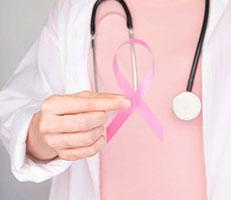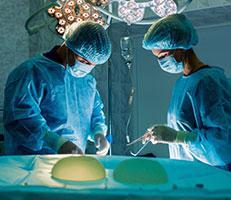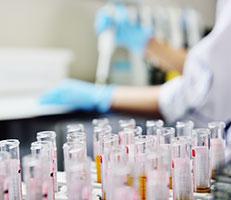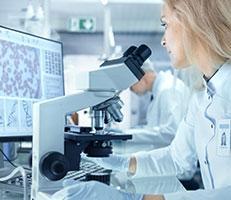Genetic Testing Specialist
Elizabeth Arena, MD F.A.C.S.
Board Certified Surgical Oncologist & Director, Breast Center at Surgery Group LA located in Los Angeles, CA
2 Total Reviews
Dr. Elizabeth Arena always appreciates feedback from her valued patients. To date, we’re thrilled to have collected 2 reviews with an average rating of 5 out of 5 stars. Please read what others are saying about Dr. Elizabeth Arena below, and as always, we would love to collect your feedback.
Genetic Testing Q & A
What is genetic testing?
Genetic testing, as it relates to breast cancer, is an assessment tool for identifying increased risk and the need for comprehensive high-risk screening. Genetic testing identifies mutations (changes in genes) that are proven to indicate a higher-than-average occurrence of both ovarian and breast cancers.
According to the Centers for Disease Control and Prevention (CDC), 50% of women in the United States with a BRCA1 or BRCA2 gene mutation have breast cancer by the age of 70, compared to 7% of American women who don’t have the mutation.
Other genetic mutations that may indicate a higher risk for breast cancer include PALB2, PTEN, or TP53 gene mutations. These changes to your DNA may predispose you to abnormal cell growth, which may develop into cancerous tumors.
Should I have genetic testing done?
Dr. Arena may recommend genetic testing if you have significant risk factors of breast cancer, namely:
- Family history of breast cancer
- Family history of BRCA1 or BRCA2 mutations
- History of breast or other cancer
- History of radiation treatment to the chest
- History of recurrent breast infections or other breast conditions
- Dense breast tissue
Genetic testing is part of comprehensive high-risk screening. The results can help develop a personalized high-risk screening protocol, customized treatment plans, and raise your awareness of your risks for other types of cancer.
What does genetic testing entail?
Genetic testing begins with the collection of a sample of your blood or saliva. Dr. Arena offers in-office genetic testing, which decreases the amount of time you have to wait for the results. Typically, you have to wait several weeks when using an off-site laboratory.
Once Dr. Arena has results of your genetic testing, you return for a consultation regarding your genetic profile.
What if genetic testing indicates I am at high risk for breast cancer?
The presence of BRCA1, BRCA2, or other genetic mutations doesn’t mean that you absolutely will develop breast cancer. The information helps guide treatment decisions and gives you additional knowledge to develop your best plan of care.
If you have high-risk genetic mutations, Dr. Arena initiates a high-risk screening protocol that fits your needs and other risk factors. She may recommend or discuss measures such as preventive mastectomy. She works with you and gives you the information you need to make the most informed decisions about your breast health.
To schedule genetic testing and determine your risk for breast cancer, call to speak with a staff member or schedule an appointment online with the office of Elizabeth Arena, M.D., F.A.C.S.
SERVICES

Breast Cancer

Nipple Sparing Mastectomy

Oncoplastic Surgery

Breast Lump

Breast Pain

Genetic Testing

High Risk Screening

